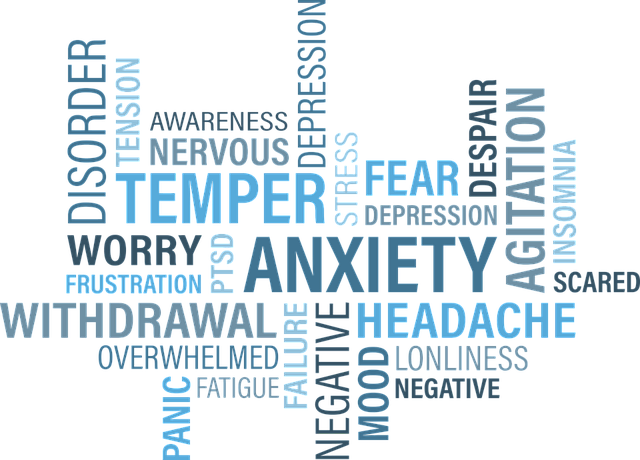Soundtrack in my head: The Stone Poneys, “Different Drum”

It’s been more than a month since I’ve posted on this blog. I had a crazy eight week class–Psychopathology–that required weekly exams and bi-weekly papers. It was the equivalent of Anatomy class for med students as we got to learn about the DSM-5, which stand for the Diagnostic and Statistical Manual of Mental Disorders which is a book listing of all the diagnoses related to mental illness.
I felt kind of privileged because the DSM-5 was just released this past May and so those of us in the Psychopathology class this fall were among the first to learn about new manual. When my mother was going to school for social work in the late 1970s and early 1980s, they were making the transition from DSM-II to DSM-III. Now they’ve dropped the Roman numerals and they’ll number updates to the in the same way they number software updates, so I guess that brings the DSM into the third millenium.
Even our instructor disliked the word “psychopathology” because of the concern that it reinforces the stigma against mental illness. The DSM-5 goes to significant lengths to caution against using diagnoses to stigmatize without taking into consideration different backgrounds, cultural values and life experiences. The DSM-5 also points out that a conscious, well-informed decision to deviate in specific ways from social norms is not, in itself, a psychological disorder. Indeed, I feel that people who make such conscious decisions may very well be more sane than others. I have little doubt that future historians will look at the late 20th and early 21st centuries as rather mindless and barbaric by comparison.
Another story that illustrates that point well was the first required reading in the course, excerpted from the book Crazy Like Us: The Globalization of the American Psyche by Ethan Watters which revisits the Western response to the trauma of the Indian Ocean tsunami of 2004, specifically in Sri Lanka. To sum things up, Western psychologists, sometimes even without the permission of the Sri Lankan government, assumed that the survivors of the tsunami would respond to trauma in the same way that Americans do, and since the Sri Lankan public was, to a large extent, not exposed or aware of modern Western psychology, a second “tsunami” of Post-traumatic Stress Disorder would soon sweep the island nation unless well-intentioned Western psychologists intervened. Watters argued that counselors didn’t consider the possibility that PTSD itself might be a disorder unique to Western culture, and that attempts to impose Western trauma treatment on a non-Western culture might not help, and could even hurt.
Counselors didn’t try to learn about strong coping mechanisms already inherent in the culture of Sri Lanka. Those familiar with Sri Lankan culture believed residents were, in fact, remarkably resilient even through decades of civil war. Researchers studying trauma around the world have reported markedly different responses to trauma from different cultures. But when the survivors didn’t respond to the counseling in the way the Western counselors expected, the visitors often judged the Sri Lankans for being “in denial” or “lacking self-awareness.”
While social workers carrying clipboards into Sri Lanka certainly had more pure intentions than the Portuguese carrying guns onto the island four or five centuries earlier, I think that a colonial mindset still permeated both “invasions.” Whether the gift was the Bible in the 16th century or the DSM-IV in the 21st century, the visitors assumed that Western culture was superior and that they had arrived to save the natives from themselves. My experience has been that unless such a prejudice is verbalized and exposed to the light of day as a prejudice, such unspoken assumption remains invisible to the person harboring it. As such, the 21st century visitors were “in denial” of the disrespect they held for the Sri Lankans they wanted to treat.
I actually have a theory that PTSD exists largely because Western culture in the industrial era has 1) been stripped of a lot of its spiritual meaning due to corrupted religious institutions and people responding to such institutions by minimizing spirituality in their lives and 2) become much less communal and more isolating than many other cultures. Without these pillars upon which to lean in the face of tragedies, Western society may very well be less equipped to deal with disasters than many other cultures around the world. I have reviewed no research supporting this assertion and I very well might be biased. Neverthless, I think that we ourselves might one day find ourselves in need of counseling from these same cultures that we have previously looked down upon.
